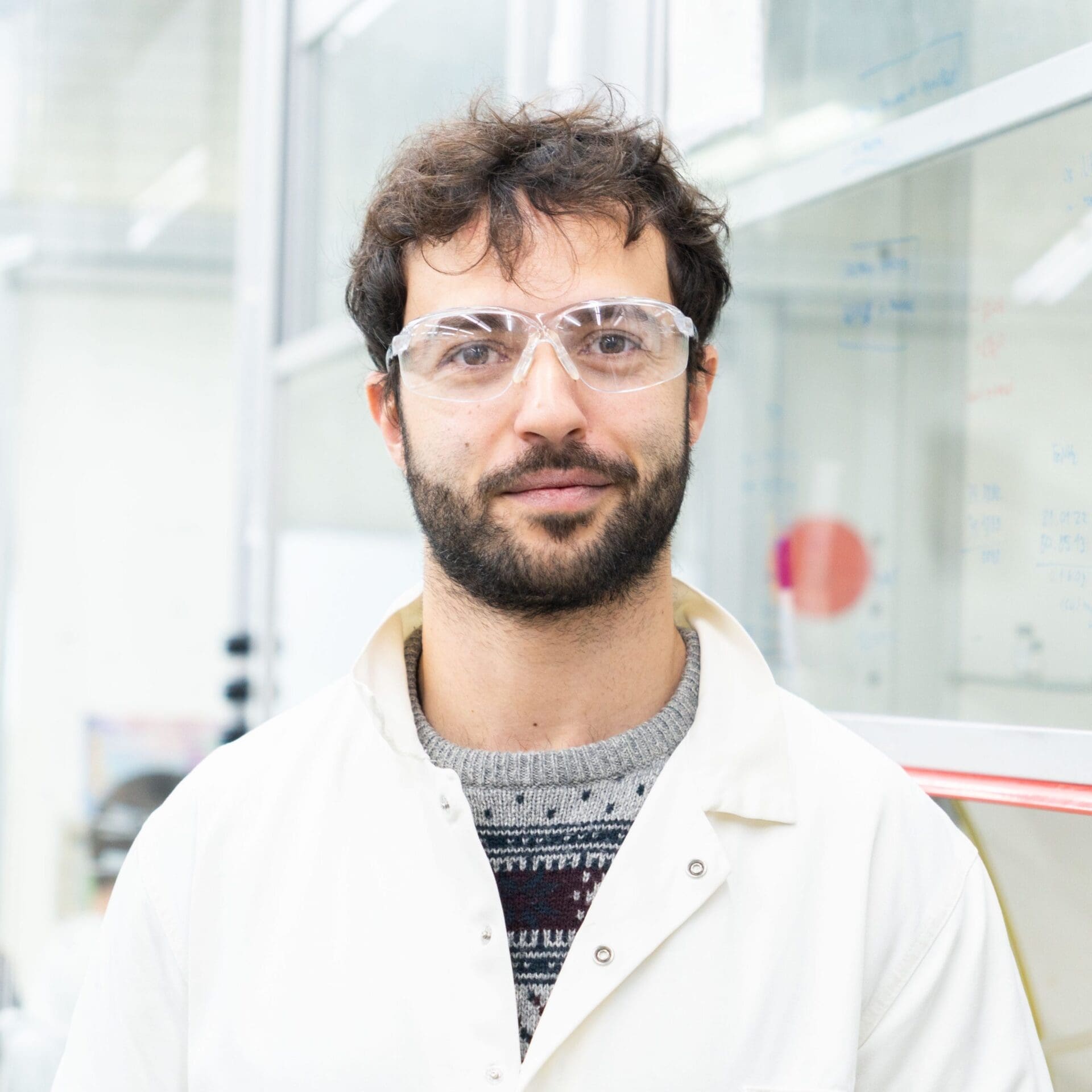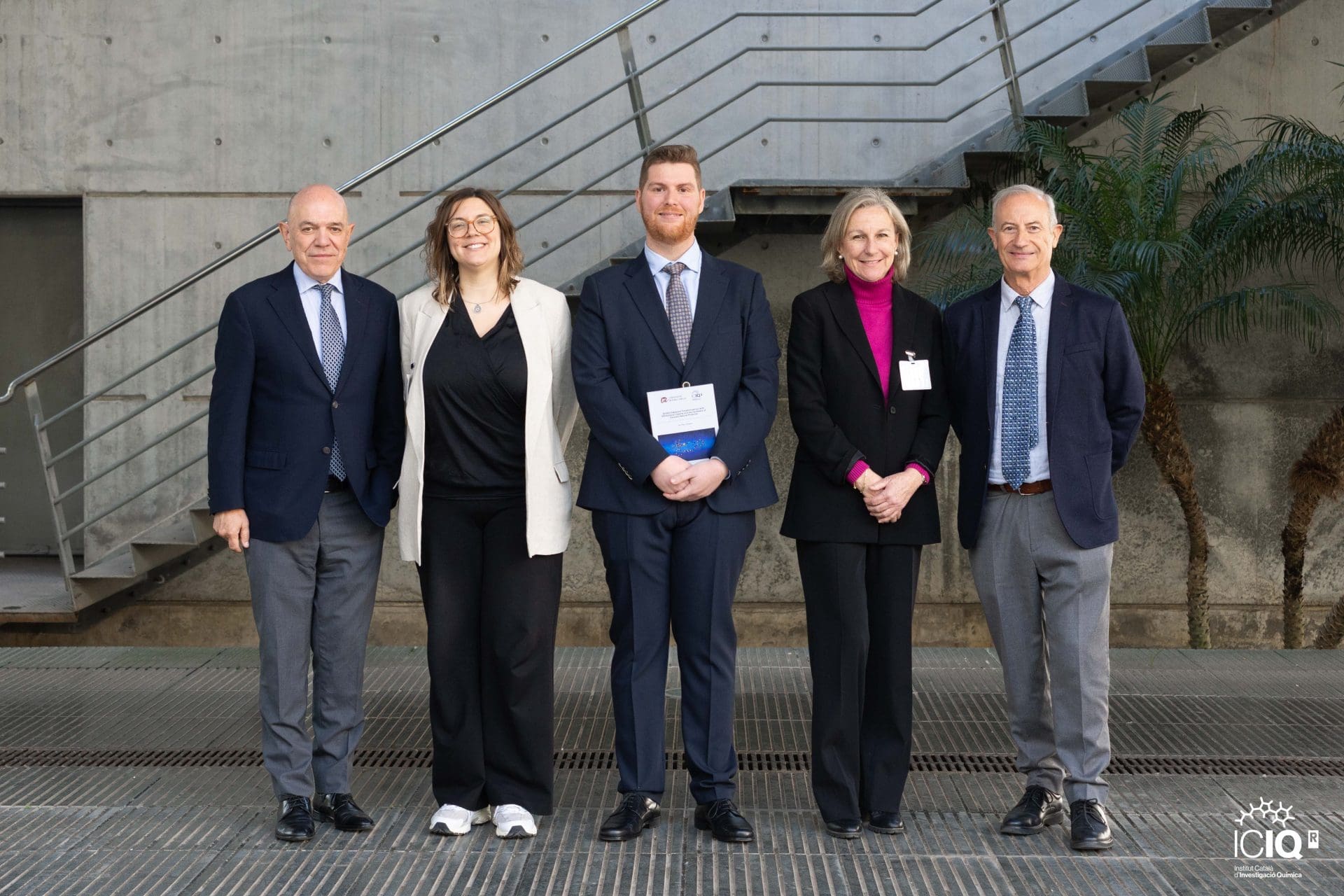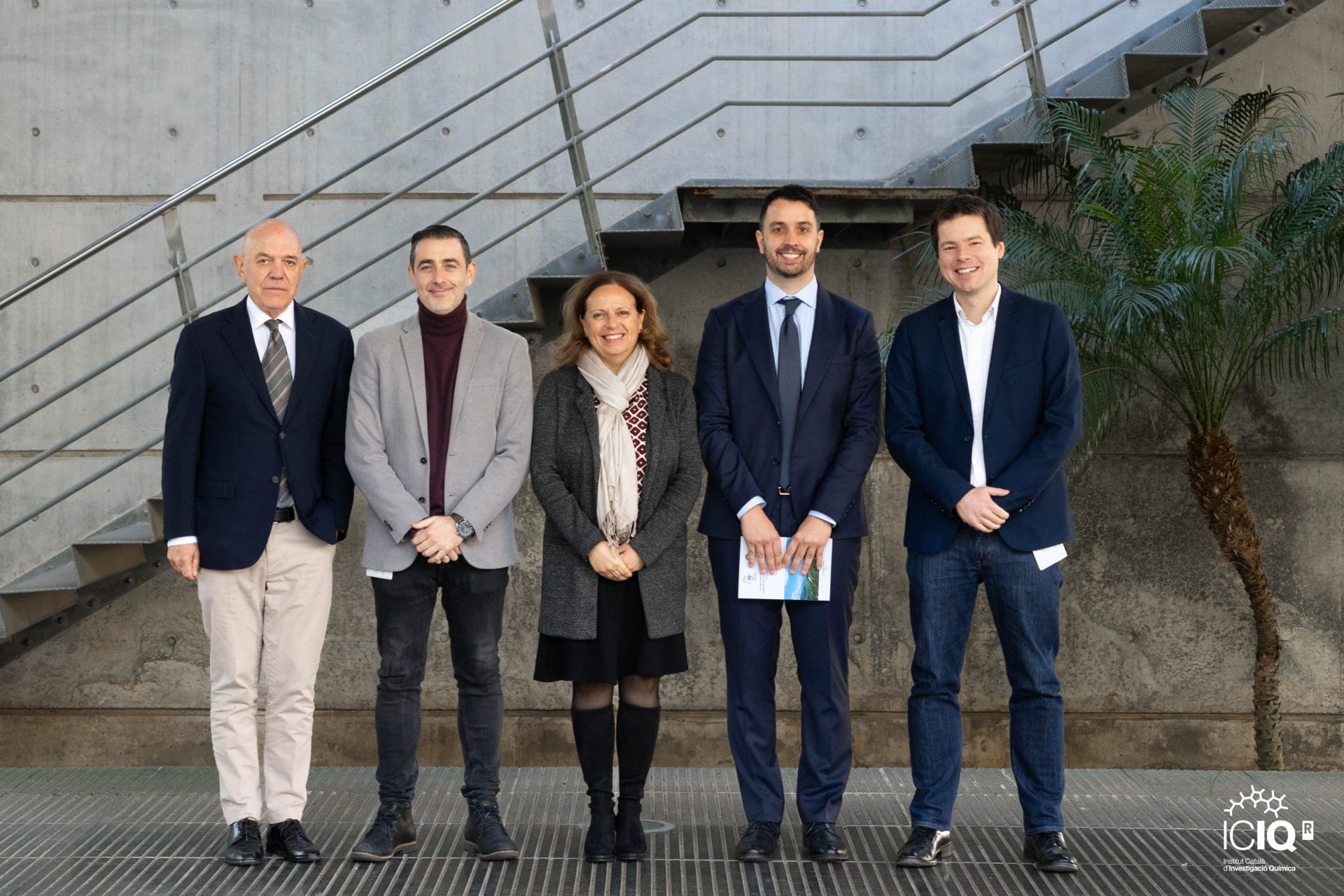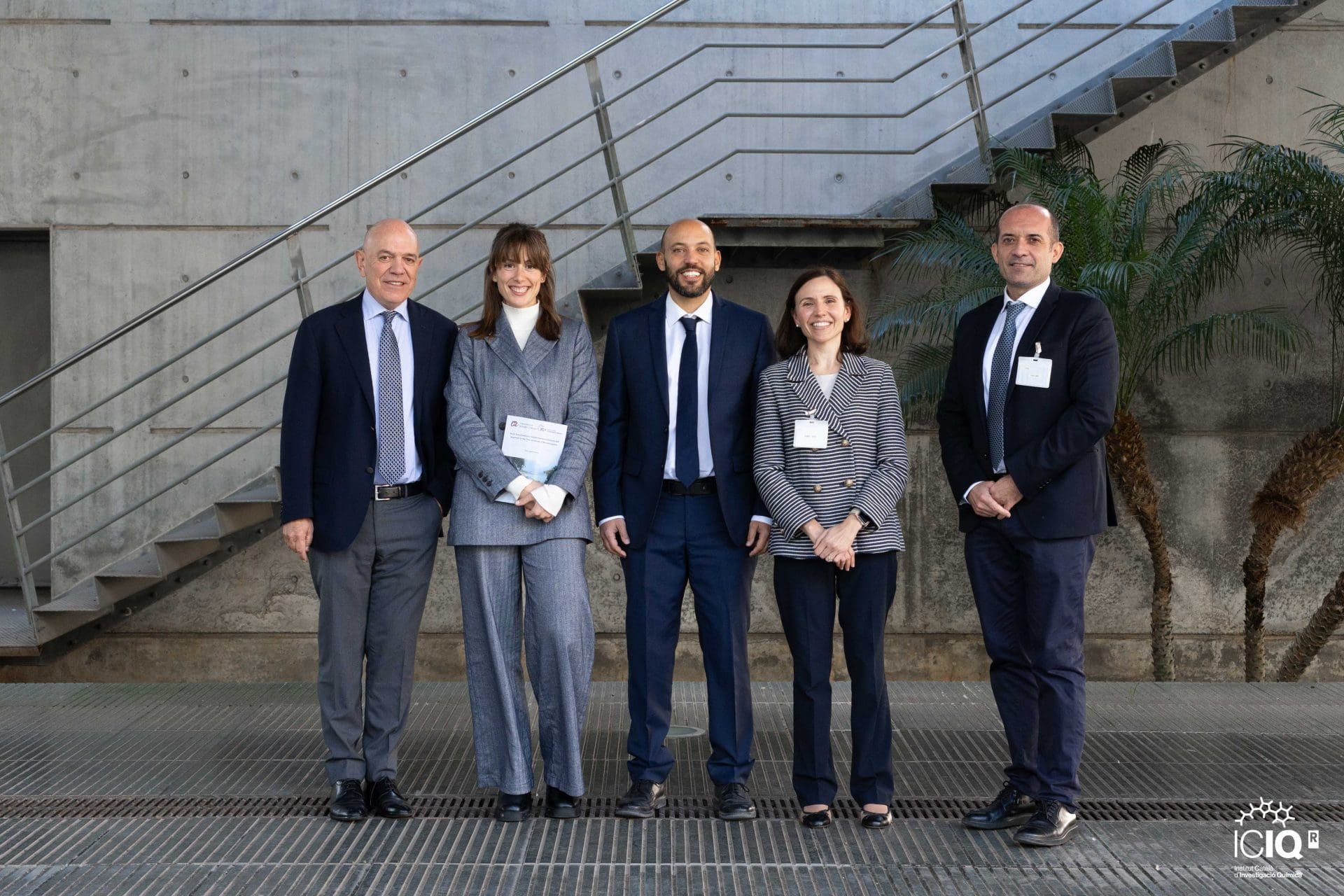Congratulations Doctor Lai!
Junshan Lai, PhD student under the supervision of Prof. Miquel A. Pericàs (ICIQ), has virtually defended his PhD thesis entitled “Immobilization of 2,4-cis-Diarylprolinol Silyl Ethers, Isothioureas, SPINOL-Derived Phosphoric Acids and Their Application in the Catalytic Enantioselective Synthesis in Batch and Flow” (assigned to the Department of Analytical and Organic Chemistry of the Universitat Rovira i Virgili) publicly on November 11th.
The members of the evaluation committee were: Prof. Antoni Riera (Universitat de Barcelona), Prof. Pablo Ballester (ICIQ), Prof. Dolores Pérez (Universidade de Santiago de Compostela).
Dr. Lai is from Ganzhou City, China. In 2013 he finished his bachelor’s degree in pharmacy at Nanchang University. He obtained his masters’ degree at Lanzhou University focusing on the development of organic Synthesis Methodology for the radical oxidative coupling of dithianes. In October 2016 he joined ICIQ for his PhD at the Pericàs group, in this four years, Dr. Lai have been focusing on the immobilization of chiral organocatalysts towards the synthesis of fine chemicals in batch and continuous flow. Painting is his favorite thing in his spare time.
What would you want to achieve as a scientist?
My first studies are focused on pharmacy, but thanks to Professor Xiong, I have developed a keen interest in organic chemistry. I want to transform newly developed methods of organic synthesis into practical production ones.
From the lessons learnt at ICIQ, which one do you value the most?
I think thanks to the ICIQ seminar series I have a more comprehensive understanding of the organic chemistry field.
What will you miss the most from ICIQ?
I know it’s a cliché but it’s true: I will never forget my nice supervisors and friends, both in ICIQ and outside. I will miss them.
What do you wish you had known at the beginning of your PhD? What advice do you have for someone who’s starting their PhD now?
I wish I had known more about catalysts immobilization before joined ICIQ, that would have improved my research.
My advice is to spend more time on reading papers than performing experiments, so you have a broader knowledge background, and you can do better experiments.
Where are you going next? What will you do there?
I will go to Canada or the USA to do a postdoc on organic synthesis.
If you were a piece of lab equipment, what would you be?
I think I would be an NMR or a chiral HPLC. Thanks to NMR we know what we obtain from reactions and thanks to chiral HPLC we can know the selectivity of the catalysts developed for a specific reaction.
Related news

Let's create a brighter future
Join our team to work with renowned researchers, tackle groundbreaking
projects and contribute to meaningful scientific advancements
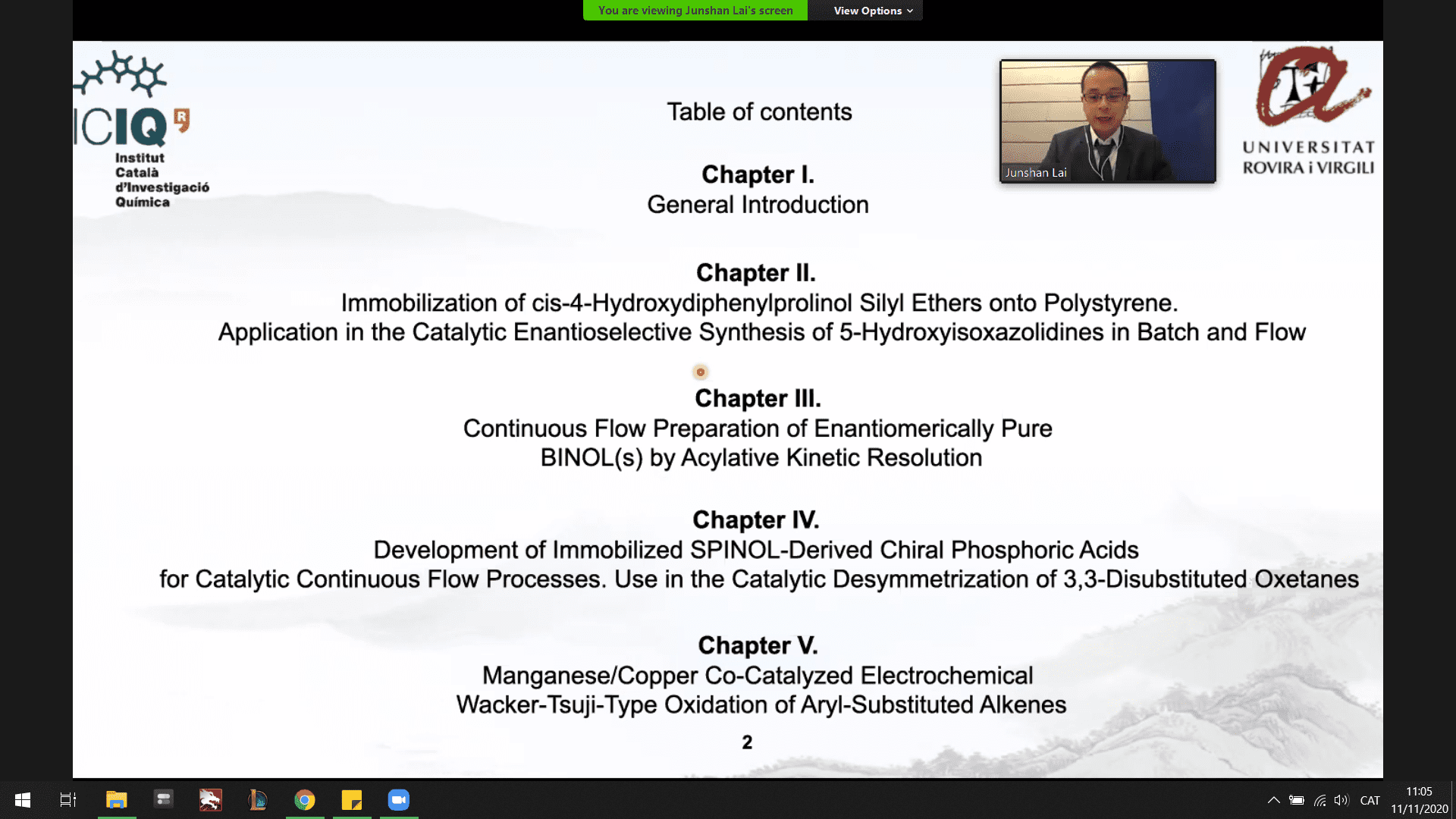






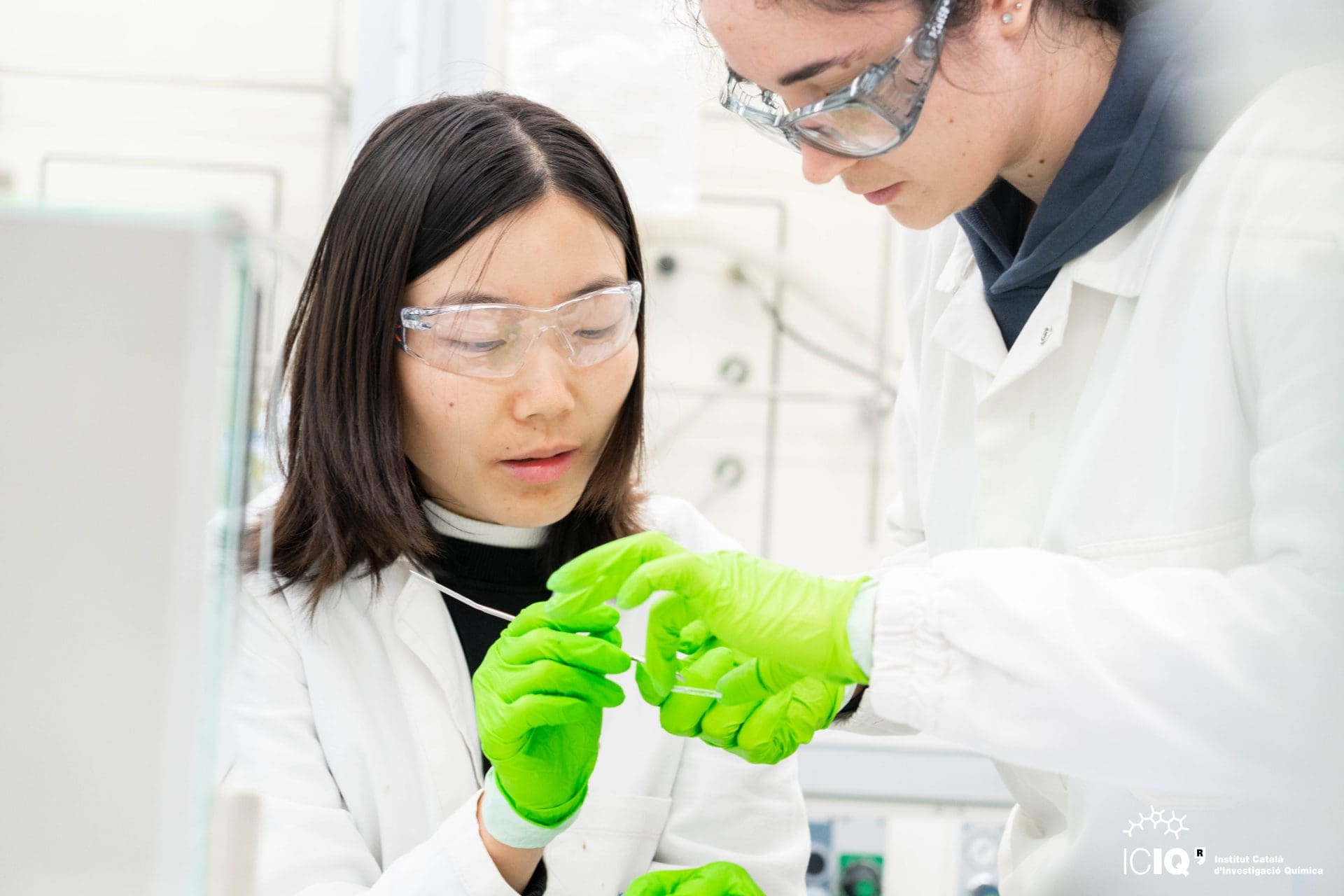
 21-01-2025
21-01-2025 